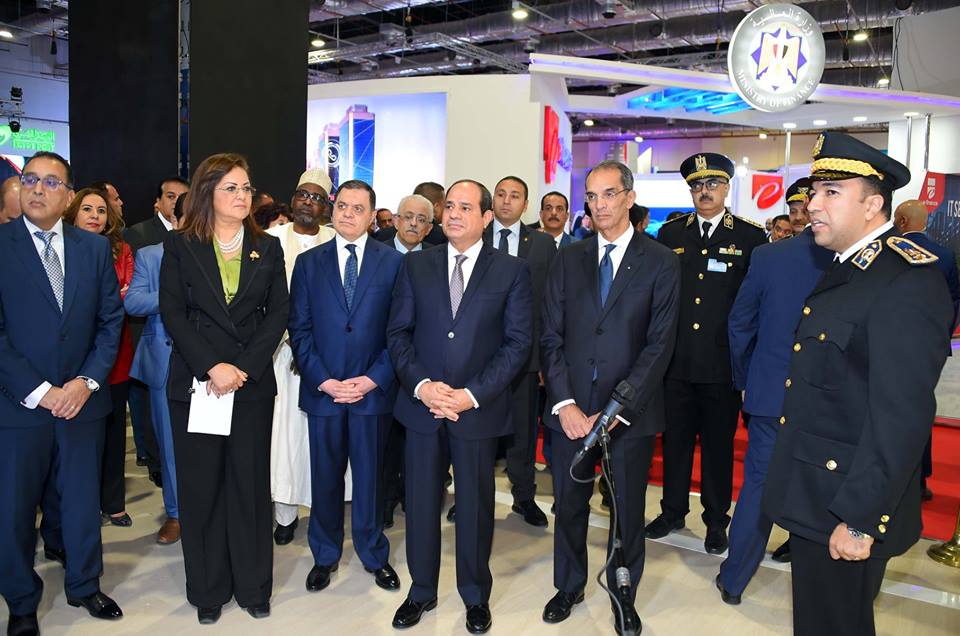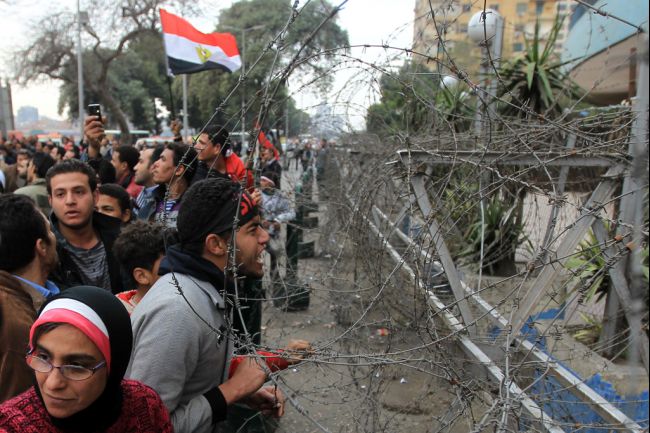The “Two-State Solution” conference, held in New York on July 28–29 under Saudi-French co-sponsorship, concluded on Tuesday evening. While the agenda formally centered on humanitarian relief for Gaza, the core political question that underpinned the gathering was far more urgent and far-reaching: Is a Palestinian state still a viable political objective, or has it been relegated to the realm of conditional and delayed aspirations?
The conference revealed stark divergences between key Western powers, particularly the United States and the United Kingdom, and exposed a deeper schism in how the Palestinian-Israeli conflict is framed: Is Palestinian statehood a matter for negotiation—or an inherent right that must be internationally recognized as a prelude to any future resolution?
Under the leadership of President Donald Trump—now in his second term since January 2025—the United States maintains an unwavering commitment to Israel, offering unconditional military and political support while firmly rejecting unilateral recognition of a Palestinian state. The administration continues to promote a so-called “final settlement” built around regional realignments, with reports surfacing of unofficial proposals to relocate Gaza’s population to neighboring countries and rebrand the Strip as a future investment hub. Though not officially adopted, such notions signal a broader American strategy to entrench Palestinian statehood within Israeli strategic thinking, deferring its realization to current power dynamics overwhelmingly tilted in Israel’s favor.
This approach significantly undermines the position of those who advocate postponing recognition of Palestine under the pretext of waiting for a negotiated settlement—especially when Israel has consistently denied the very existence of a Palestinian entity or any rights beyond fragmented, subordinated pockets under its military dominance.
By contrast, the United Kingdom, under Labour Prime Minister Keir Starmer, has attempted to strike a more balanced tone. London voiced concern over the dire humanitarian crisis in Gaza, called for secure aid corridors, and announced a freeze on certain arms exports to Israel. Yet Starmer reaffirmed that recognition of a Palestinian state would only come within the framework of a negotiated peace deal—despite the fact that his party’s electoral manifesto had committed to supporting recognition. This reticence has drawn criticism from within his own party, with many accusing him of hiding behind procedural constraints while conditions on the ground continue to deteriorate.
Meanwhile, France’s announcement of its intention to recognize the State of Palestine by September represents a political shockwave in Europe. Notably, this position reportedly germinated during President Emmanuel Macron’s recent visit to Cairo, reflecting a growing French–Egyptian alignment on the core tenets of a just peace: rejecting population displacement, affirming the Arab Peace Initiative, and emphasizing the centrality of international law.
Equally significant has been Egypt’s sustained diplomatic engagement since the onset of the Gaza war. Cairo was the first to reject any demographic engineering or forced transfer of Palestinians. It has since played a pivotal role in ceasefire efforts, humanitarian coordination, and advocating for a two-state solution based on relevant UN resolutions. Saudi Arabia, for its part, emerged as a transformative actor, not only co-chairing the New York conference but also driving the political momentum behind reintroducing state recognition as a credible diplomatic tool.
Indeed, what the conference began to crystallize is a strategic shift: recognition of Palestine is no longer merely symbolic—it is becoming a mechanism for recalibrating the diplomatic balance and exerting pressure on Israel and its principal backer, the United States. The idea is to internationalize Palestinian statehood as a recognized right, rather than a concession granted by Israel. In doing so, the issue is decoupled from Israel’s veto power and inserted instead into the realm of global legitimacy—acknowledged by both major and minor powers alike.
The European Union’s voice at the conference reinforced this trajectory. EU Commissioner Dubravka Šuica stated unequivocally: “We are not merely participants in this process—we are shaping the region’s agenda. We are not simply calling for peace; we are investing in it.” She further emphasized the EU’s dual commitment to “an Israel that is secure and a Palestine that is free.”
In this shifting landscape, the UK finds itself at a moral and strategic crossroads. Remaining in diplomatic limbo—neither fully aligned with the American hardline nor integrated into the emerging European consensus—could erode Britain’s credibility in the region and within its own political institutions. The question looms: will the UK remain cautious to preserve its transatlantic ties, or take a principled leap to join a growing chorus of nations recognizing Palestine?
The United States, meanwhile, appears determined to stay the course. Its refusal to endorse France’s recognition initiative and its silence on EU proposals for immediate diplomatic steps highlight Washington’s continued prioritization of Israeli security over Palestinian sovereignty.
Amid this transatlantic rift, Palestinians once again find themselves caught in an unjust equation: one side ties their right to statehood to the will of those who deny it; the other expresses rhetorical solidarity but hesitates to act.
In truth, the aftermath of the New York conference marks not an endpoint but a beginning. As preparations proceed for a potential follow-up summit in Paris during the UN General Assembly in September, pressure will mount on undecided nations to take a definitive stance. The world must now choose: either recognize the Palestinian state as an inalienable political reality—or retreat once again into cycles of negotiation, where peace remains deferred, justice diluted, and rights suspended between maps and promises.
Dr. Marwa El-Shinawy: Academic and Writer



